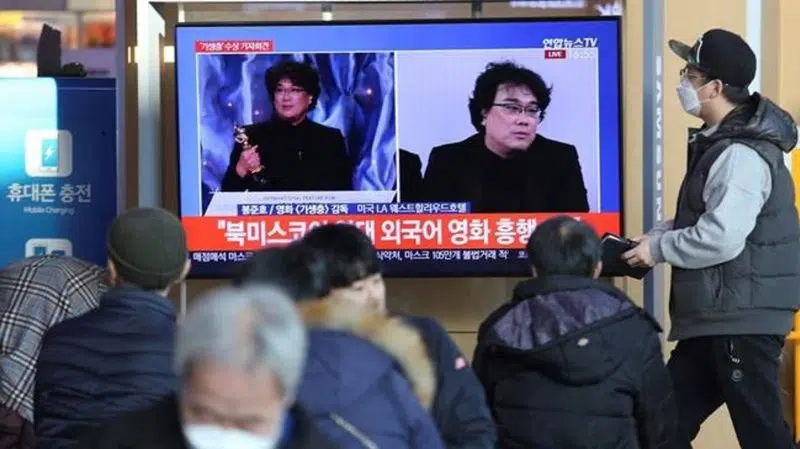
Bong’s ‘Parasite’ focuses on plight of South Korea’s poor
SEOUL, Korea, Republic Of — South Koreans are reveling in writer-director Bong Joon Ho’s dark comic thriller, “Parasite,” which won this year’s Academy Awards for best film and best international feature. The movie itself, however, doesn’t put the country in a particularly positive light.
No doubt, the international acclaim for “Parasite,” which also won the prestigious Palme d’Or at the Cannes Film Festival last May, highlights South Korea’s emergence as a global cultural power, a reflection of decades of focus on building world-class industries in one of the most vibrant democracies in Asia.
But it also hints at an uncomfortable truth: While the national successes have been spectacular — from Samsung’s rise as a global economic powerhouse to the explosion of K-pop in Asia and beyond — many South Koreans recognize that there’s been a dark side to that rise. Only a few years ago, Bong himself was blacklisted by the government, and the characters in his film reflect a society where many feel intense hopelessness.
South Korea’s rapid emergence from the devastation of the 1950-53 Korean War also saw a bloody transition from dictatorship to democracy. Its association with neat smartphones and cars came amid a constant threat from nuclear North Korea. For every international success, there’s also widespread worry that South Korea will forever be overshadowed by regional giants Russia, China and Japan.


